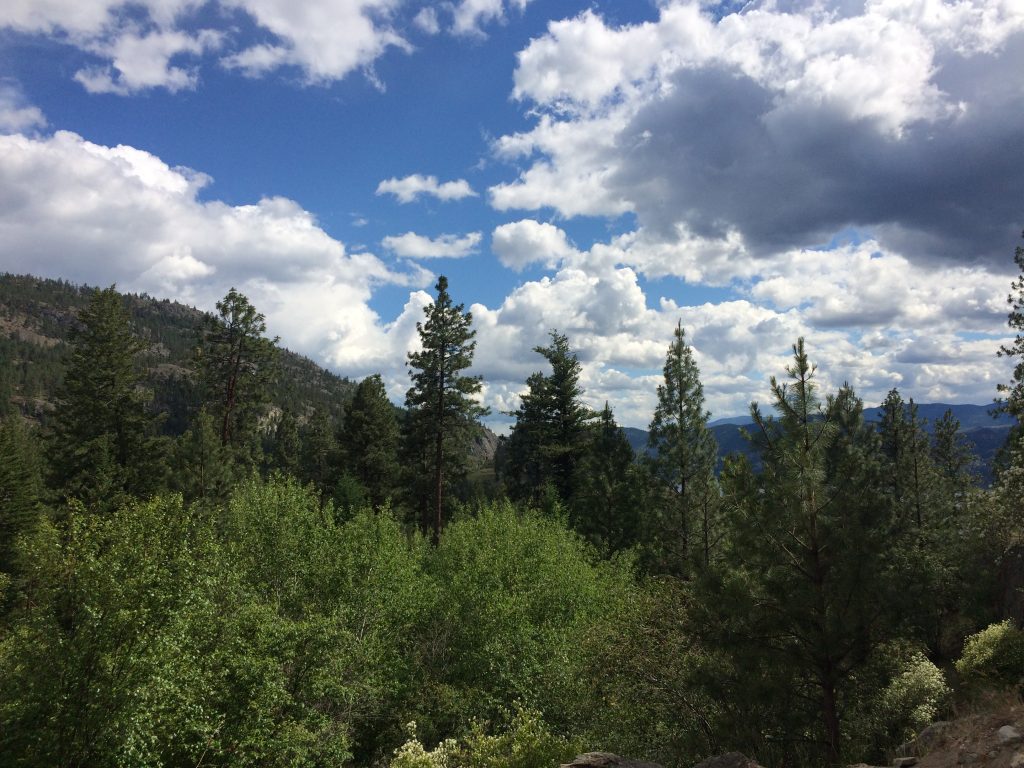MSc. Thesis:
Working Title: Uptake of atmospheric methane by grassland and forest soils in the Okanagan Valley, British Columbia
Research Goal: Determine the key influencing soil factors on soil uptake of atmospheric methane by soils in various ecosystems throughout the Okanagan Valley. Focus will be on the specifics of how natural changes in soil moisture, temperature, and texture impact local soil methane uptake rates. This study will be conducted in order to upscale findings to be used in global methane uptake rate models.
Summary and Importance: This study will focus on the influence of soil moisture, temperature, and texture on the uptake of atmospheric methane by soils. An elevation, and thus an ecosystem, gradient will be used to select study sites in both grassland and forest soils. The hillsides of the Okanagan Valley provide a spectrum of ecosystems as the elevation increases from valley bottom to hilltops. The MeMo study (Murguilla-Flores et al., 2018) will be key to this research in terms of the core influencing factors on soil methanotrophs as well as helping to guide important field measurements.
Flux chambers used in conjunction with a portable gas analyzer will be used in multiple study sites in both grassland and forest ecosystems. Soil moisture will be the main factor of interest and will be measured using soil moisture probes whenever a flux measurement is being made. Temperature will be measured alongside soil moisture using the same probe. Soil texture, bulk density, and porosity are key factors of gas diffusion through soil and will be measured at each site. A gridded approach will be used in each field site to determine in-site variations of both uptake rates and environmental characteristics.
In-lab soil incubations will be conducted alongside the described field measurements. Incubations provide isolated details of the microbial community in a soil. Both the base oxidation rate constant, k0, and Q10 values for each soil microbial community will be determined for the chosen ecosystems. Published values are lacking in previous studies for some ecosystems but are necessary in creating a detailed model for global soil uptake. This study will help to provide both k0 and Q10 values for the soils found in ecosystems of the Okanagan Valley.
More updates to this will come once my project begins in May 2021.
Supervisor: Dr. Ed Hornibrook

